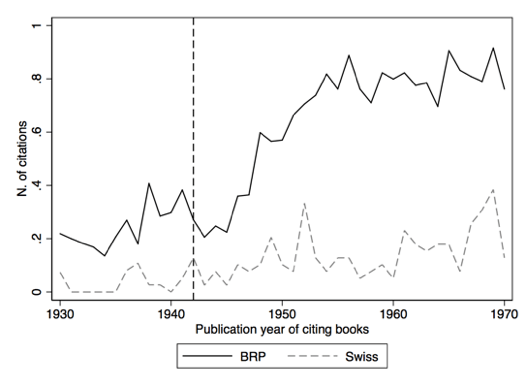How Freely Should Scientists Share Their Data?
How Freely Should Scientists Share Their Data?
The Open Science movement champions transparency, but how much and how quickly is a matter of dispute.

Send us a link
The Open Science movement champions transparency, but how much and how quickly is a matter of dispute.

After much investigation and active measures, we can state that the DOAJ is effectively under attack from an unknown third party.
What will it take to make the majority of scholarship open access so anyone can read it without a paywall?

Thanks to a major new international research study, it's no longer possible to pretend that predatory journals are not a serious problem that needs serious attention.

This Frontiers blog post from presents a journal analysis contrasting open access journals and subscription journals based on data from SCImago (Scopus).
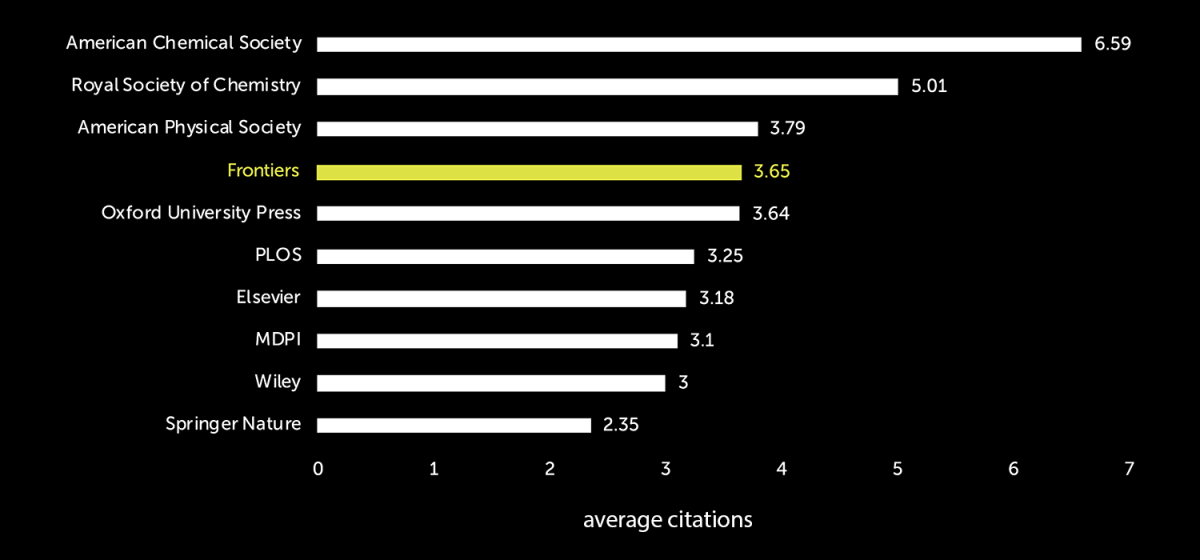
Over the last decade, Russian academics and activists have built free, remarkably comprehensive online archives of scholarly works.
"It's not that difficult to flip the system," Smits continued. "The measures we are thinking about are not rocket science - they're straightforward. The main component: if you get a grant in the future, you can only publish in open access journals," he said.
A pilot experiment has seen 26 papers published under open-access terms so far and should yield a report by the end of the year.
This paper examines the development of open knowledge in China through two case studies: the development of Chinese open access (OA) journals, and national-level OA repositories.
A group of European funders, including the European Commission, will soon require researchers to publish only in open-access outlets that the funders consider high quality, the Commission’s open-access envoy has said.
A new search engine that aims to connect nonacademics with open-access research will be launched this fall. Get the Research will connect the public with 20 million open-access scholarly articles. The site will be built by Impactstory in conjunction with the Internet Archive and the British Library.
Frédérique Vidal, Minister of Higher Education, Research and Innovation, launched the national open science plan at the annual congress of the Association of European Research Library (LIBER).
An examination of the ethical, organisational, and economic strengths and weaknesses of funder OA platforms to scope the opportunities and threats they present in the transition to OA.
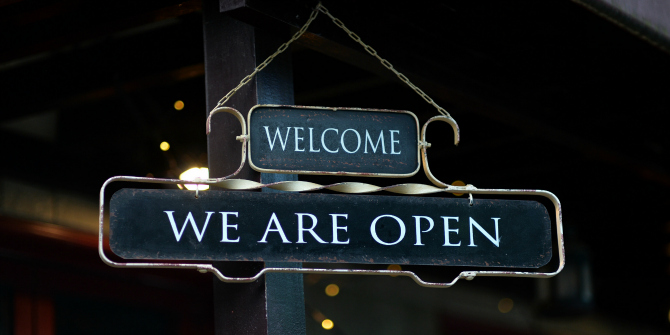
A response to an article by Elsevier which critiqued a piece by Dr. Jon Tennant about them corrupting Open Science in Europe.
In the 1990s, the Internet offered a horizon from which to imagine what society could become, promising autonomy and self-organization next to redistribution of wealth and collectivized means of production. While the former was in line with the dominant ideology of freedom, the latter ran contrary to the expanding enclosures in capitalist globalization.
This free tool helps you shortlist verified open access journals from DOAJ for publishing your manuscript thereby safeguarding you from predatory journals.
The Open Access movement was meant to provide universal access to knowledge, however the hybrid model seems to defeat this point by hindering the discoverability of hybrid Open Access articles, and creating more difficulties to disseminate knowledge.
There appears to be no realistic path forward that achieves Europe's 2020 open access targets without resulting in substantial revenue reductions for existing publishers. Will Europe miss its OA target? Or will publishers miss their revenue targets?

Rob Johnson looks at the growth of hybrid open access, and questions whether it will remain a reliable revenue stream for publishers.

Why was the agreement with Elsevier not renewed?

The Free Journal Network was established earlier this year in order to nurture and promote journals that are free to both authors and readers and run according to the Fair Open Access Principles.
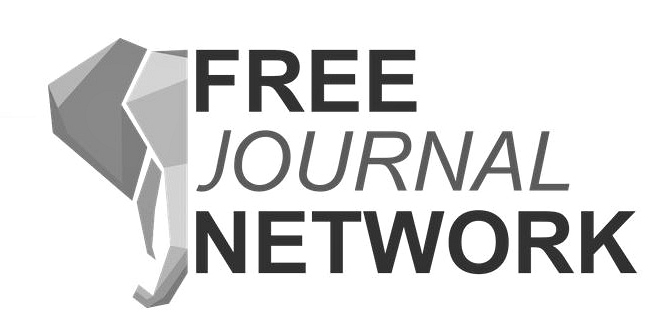
Latin American researchers have a specific social commitment to ensure that their work is accessible and contributing to the good of their communities, says Victoriano Colodrón.
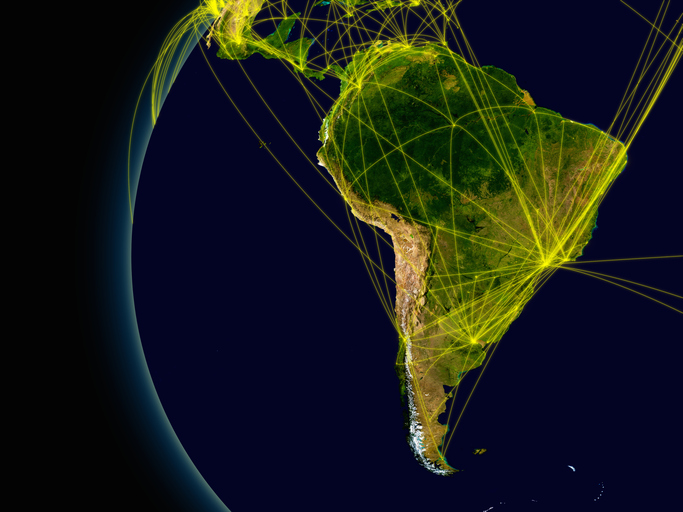
European Commission data and case studies covering access to scientific publications. Bibliometric data as well as well as data on the policies of journals and funders are available.

Reaching higher uptake and acceptance of open science practice at the University of Göttingen.

A list with some open tools and resources, which hopefully, someone will find useful.

Horizon Europe will pay article processing charges only "for purely open-access publishing venues (i.e. not 'hybrid' journals)". The change would be controversial as it could prevent researchers from publishing in their first-choice locations.
An open source dashboard presenting the uptake of hybrid open access for 3,347 different journals from 42 publishers between 2013 and 2018.
As of May 2018, CORE has aggregated over 131 million article metadata records, 93 million abstracts, 11 million hosted and validated full texts and over 78 million direct links to research papers hosted on other websites.
Swedish researchers can now publish their articles in Frontiers’ Open Access journals through a simplified process that covers publishing fees, thanks to a national agreement announced today between Frontiers and the National Library of Sweden.
In 1942, the US Book Republication Program permitted American publishers to reprint "exact reproductions" of Germany's scientific texts without payment; seventy-five years later, the fate of this scientific knowledge forms the basis of a "natural experiment" analysed by Barbara Biasi and Petra Moser.
